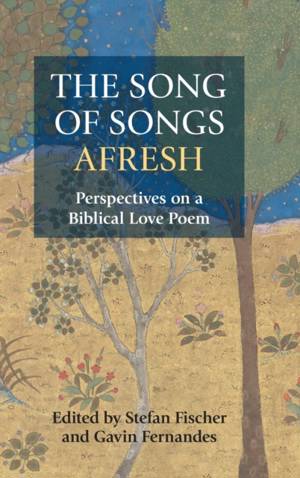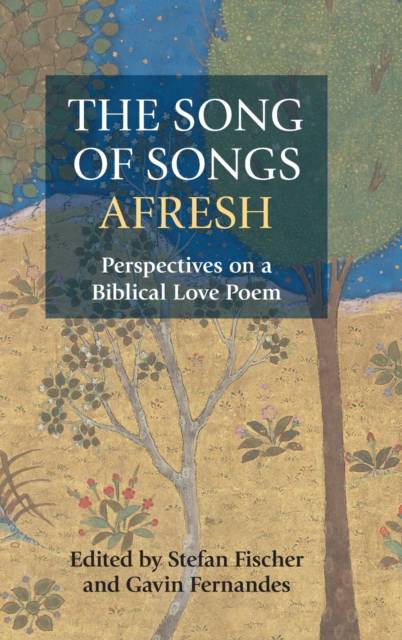
- Retrait gratuit dans votre magasin Club
- 7.000.000 titres dans notre catalogue
- Payer en toute sécurité
- Toujours un magasin près de chez vous
- Retrait gratuit dans votre magasin Club
- 7.000.0000 titres dans notre catalogue
- Payer en toute sécurité
- Toujours un magasin près de chez vous
Description
This volume is one of the fruits of a six-year series of international conferences on the Song of Songs. The 13 diverse articles here being presented in four categories.
1. Classical exegetical studies. What does the blackness of the woman signify? Ausloos sees a tension between an exegetically appropriate and a politically correct interpretation, Biernot an example of Jewish discourse on blackness and whiteness ranging from antiquity to modern times. The function of the so-called dream in the Song is examined in the context of dreams in the ancient Near East with their two kinds of wake-up expressions (Fernandes). Fischer sees the daughters of Jerusalem as a means of identification for the reader and as placeholders for the young women of society. Next are intertextual readings of the Shulammite with a South African poem (Lombaard) and of the Song's vision of love with mythological traces in the Hebrew Bible (Mathys).
2. Post-modern exegetical studies. Included is a dialogue on horses in love and war (Landy and Metzler), a psychoanalytical reading on the theme of death (van der Zwan), and a blend of Ricoeur and cognitive metaphor theory that profiles the man in the Song (Verde).
3. Jewish studies. Baraniak studies the targumic exegesis, and Damohorská the Song in Passover Piyyutim.
4. Hermeneutics. Responsible exegesis of the Song is Oosthuizen's theme, and Scheffler's is varieties of allegorizing.
Spécifications
Parties prenantes
- Editeur:
Contenu
- Nombre de pages :
- 330
- Langue:
- Anglais
- Collection :
- Tome:
- n° 82
Caractéristiques
- EAN:
- 9781910928578
- Date de parution :
- 16-10-19
- Format:
- Livre relié
- Format numérique:
- Genaaid
- Dimensions :
- 156 mm x 234 mm
- Poids :
- 639 g

Les avis
Nous publions uniquement les avis qui respectent les conditions requises. Consultez nos conditions pour les avis.





